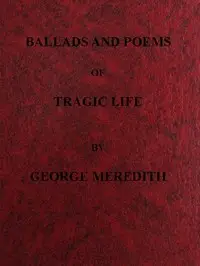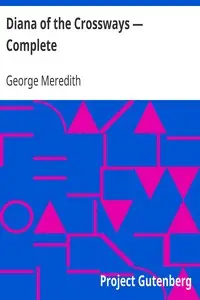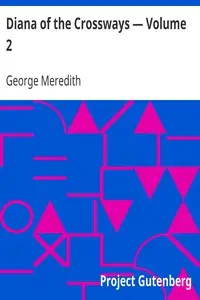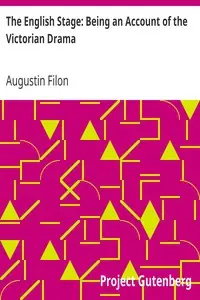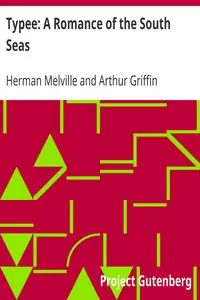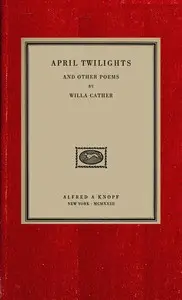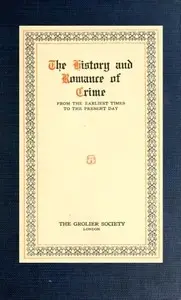"Lord Ormont and His Aminta — Volume 5" by George Meredith is a novel written in the late 19th century. The narrative delves into complex themes of love, identity, and societal expectations, particularly highlighting the struggles of its central characters, Lord Ormont and his wife Aminta, as they navigate the challenges within their tumultuous relationship and their positions in society. The opening of the book introduces readers to a stage where Lord Ormont, a martial and commanding figure, contemplates the nature of his relationship with Aminta, who is portrayed with a blend of strength and vulnerability. As the chapter unfolds, it's evident that Aminta grapples with her identity as a countess amidst her husband's expectations and her own desires for independence and self-worth. The emotional landscape is rich with tension as Aminta navigates her feelings of discontent and yearning for freedom, set against Lord Ormont's unwavering yet domineering presence. Their interactions reveal a dynamic filled with both affection and conflict, setting the groundwork for the deeper exploration of their relationship that follows in the rest of the narrative. (This is an automatically generated summary.)
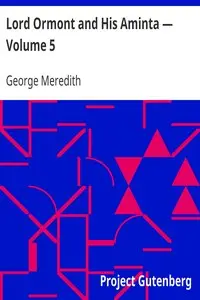
Lord Ormont and His Aminta — Volume 5
By George Meredith
"Lord Ormont and His Aminta — Volume 5" by George Meredith is a novel written in the late 19th century. The narrative delves into complex themes of lo...
George Meredith was an English novelist and poet of the Victorian era. At first, his focus was poetry, influenced by John Keats among others, but Meredith gradually established a reputation as a novelist. The Ordeal of Richard Feverel (1859) briefly scandalised Victorian literary circles. Of his later novels, the most enduring is The Egoist (1879), though in his lifetime his greatest success was Diana of the Crossways (1885). His novels were innovative in their attention to characters' psychology, and also portrayed social change. His style, in both poetry and prose, was noted for its syntactic complexity; Oscar Wilde likened it to "chaos illumined by brilliant flashes of lightning". Meredith was an encourager of other novelists, as well as an influence on them; among those to benefit were Robert Louis Stevenson and George Gissing. Meredith was nominated for the Nobel Prize in Literature seven times.

